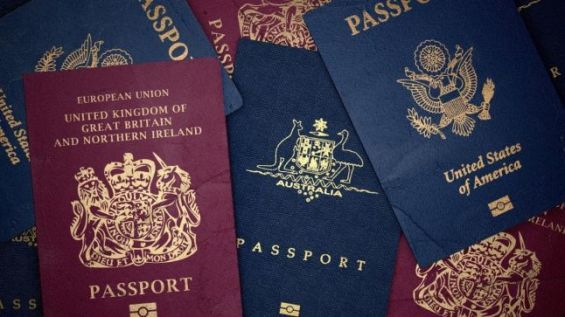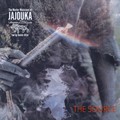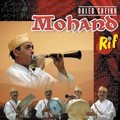The 2016 Nationality Index, issued by the Henley Partners-Kushnov Foundation, ranked Morocco 125th out of 159 countries, registering a decline of four places compared to 2015, and to 2014 when it was 117th in the world.
This indicator, the first of its kind in the world, is based on several internal and external factors. External factors are based on 60 per cent of the classification of States, while internal factors account for 40 per cent.
Internal factors are the country's success in human development, economic prosperity, peace and stability. On the other hand, external factors impinge on the ability of nationals to travel to the largest number of countries in the world without a visa, as well as the freedom of residence given to them in hosting countries.
The index works at the expense of the percentage of each criterion. After that, the average percentage obtained by the state in all the criteria has the determining factor in its ranking in the index. The higher the ratio is, the higher the country's ranking will be.
Arab countries in the index
The index included 21 Arab countries out of 22, where Somalia was not classified, and the Gulf countries dominated the top of the list regionally (in the Arab world), the UAE was 49th in the world, followed by Qatar, which was ranked second in the Arab world and 70th in the world, Kuwait, third regionally and 72 in the world.
Tunisia ranked first in the Arab World and 110th in the world, followed by Algeria 121th in the world, Morocco, Mauritania 140th, and Libya ranked last 145th.
The United States was the only country to break the control of the old continent in the top 30, ranking 29th in the world. Germany took the lead followed by France 2nd ,Denmark 3rd and Iceland fourth.
On the other hand, the African and Asian dominated the bottom of the ranking. Afghanistan was last next to the Central African Republic and Eritrea.




 chargement...
chargement...












